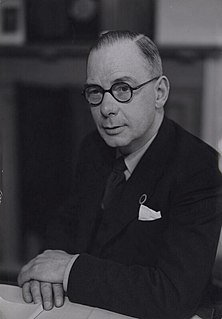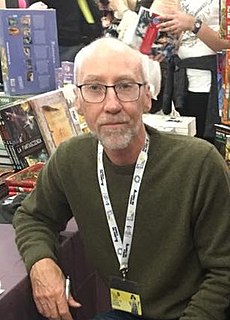A Quote by Myrtle Fillmore
When the mind opens by speaking denials, this true Self that philosophers have so long striven to free shows itself all glorious with wisdom, strength, and holiness...Denial of evil is a word of Truth.
Related Quotes
The act of self-denial seems to confer on us the right to be harsh and merciless toward others. The impression somehow prevails that the true believer, particularly the religious individual, is a humble person. The truth is that the surrendering and humbling of the self breed pride and arrogance. The true believer is apt to see himself as one of the chosen, the salt of the earth, a prince disguised in meekness, who is destined to inherit this earth and the kingdom of heaven, too. He who is not of his faith is evil; he who will not listen shall perish.
Without free speech no search for Truth is possible; without free speech no discovery of Truth is useful; without free speech progress is checked, and the nations no longer march forward towards the nobler life which the future holds for man. Better a thousandfold abuse of free speech than denial of free speech. The abuse dies in a day; but the denial stays the life of the people and entombs the hope of the race.
Lord Krishna... proclaims Self-realization, true wisdom, as the highest branch of all human knowledge-the king of all sciences, the very essence of dharma ("religion")-for it alone permanently uproots the cause of man's threefold suffering and reveals to him his true nature of Bliss. Self-realization is yoga or "oneness" with truth-the direct perception or experience of truth by the all-knowing intuitive faculty of the soul.
Happiness is your real nature. You identify with yourself with the body and mind, feel it's limitations, and suffer. Realize your true self in order to open the store of happiness. That true self is the reality, the Supreme Truth, which is the self of all the world you now see, the self of all the selves, the One real, the Supreme, the Eternal self - as distinct from the ego or the bodily idea for the self.
Holiness is the sum of a million little things — the avoidance of little evils and little foibles, the setting aside of little bits of worldliness and little acts of compromise, the putting to death of little inconsistencies and little indiscretions, the attention to little duties and little dealings, the hard work of little self-denials and little self-restraints, the cultivation of little benevolences and little forbearances.
"What is truth?" said jesting Pilate, and would not stay for an answer. Pilate was in advance of his time. For "truth" itself is an abstract noun, a camel, that is, of a logical construction, which cannot get past the eye even of a grammarian. We approach it cap and categories in hand: we ask ourselves whether Truth is a substance (the Truth, the Body of Knowledge), or a quality (something like the colour red, inhering in truths), or a relation ("correspondence"). But philosophers should take something more nearly their own size to strain at. What needs discussing rather is the use, or certain uses, of the word "true." In vino, possibly, "veritas," but in a sober symposium "verum."
We cannot grasp the true meaning of the divine holiness by thinking of someone or something very pure and then raising the concept to the highest degree we are capable of. God's holiness is not simply the best we know infinitely bettered. We know nothing like the divine holiness. It stands apart, unique, unapproachable, incomprehensible and unattainable. The natural man is blind to it. He may fear God's power and admire His wisdom, but His holiness he cannot even imagine.
Evil is nothing but a word, an objectification where no objectification is necessary. Cast aside this notion of some external agency as the source of inconceivable inhumanity - the sad truth is our possession of an innate proclivity towards indifference, towards deliberate denial of mercy, towards disengaging all that is moral within us. But if that is too dire , let's call it evil. And paint it with fire and venom.
































